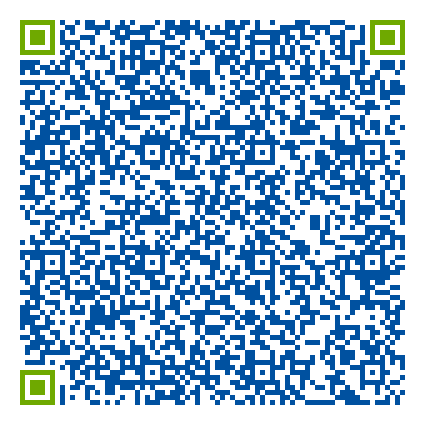Keynote Presentation: Bio/Nano/CMOS interfaces for Ultrasensitive Memristive Biosensors
- Datum
- 12.09.2017
- Zeit
- 09:00 - 10:30
- Sprecher
- Prof. Dr. Sandro Carrara
- Zugehörigkeit
- EPFL, Lausanne, Switzerland
- Sprache
- en
- Hauptthema
- Materialien
- Andere Themen
- Chemie, Physik, Informatik, Mathematik, Elektro- u. Informationstechnik, Maschinenwesen, Materialien
- Host
- Prof. G. Cuniberti, Dresden Center for Computational Materials Science (DCMS)
- Beschreibung
- Teil der Reihe/part of serie: International Summer School Materials 4.0 - The digitally enabled atom to system revolution
In this Distinguished Lecture, the very best worldwide ever-reported electrochemical biosensors based on a memristive effect and aptamers or antibodies are presented. These novel sensing devices are developed to propose a completely new approach in the co-design of Bio/Nano/CMOS interfaces for cancer diagnostics. In this research, affinity-based techniques are presented for the detection of the prostate specific antigen (PSA) and the Vascular Endothelial Growth Factor (VEGF). The hysteretic properties of memristive silicon nanowires functionalized with proper biomolecules provide a label-free and ultrasensitive bio-detection technique. In order to develop full systems for diagnostics, the integration with CMOS frontend, in one side of the interface, and microfluidics, in the other side, is required too. Therefore, this lecture also discusses novel circuit approaches for an automated and quick characterization of arrays of memristive biosensors. One memristive parameter, the width of the voltage gap, is directly proportional to the target molecules concentration. Thus, CMOS readouts acquiring such width, meanwhile sorting-out faulty devices, i.e. nonconducting nanowires in the array, are presented together with analog-to-digital conversion for the acquired voltage gap. A prototype of these circuits is shown as an example of design in 0.35µm CMOS technology. The integration of the CMOS readout with the nanoscale sensors and a microfluidic platform is a must for the design of robust biosensing-systems for quick data acquisition in cancer diagnostics. Therefore, the development of an improved chip-platform for cancer diagnostics based on nanofabricated Memristive Biosensors integrated, for the first time, with a microfluidic structure is also presented in this lecture by also addressing critical issues, e.g., the problems related to long connections between the Memristive Biosensors and the CMOS frontend.
- Links
Letztmalig verändert: 12.09.2017, 10:01:58
Veranstaltungsort
Veranstalter
- Telefon
- +49 351 463-32583
- Fax
- +49 351 463-37802
- TUD Andere
- Homepage
- http://www.tu-dresden.de
- Ausgründung/Transfer
- Bauing., Architektur
- Biologie
- Chemie
- Elektro- u. Informationstechnik
- für Schüler:innen
- Gesellschaft, Philos., Erzieh.
- Informatik
- Jura
- Maschinenwesen
- Materialien
- Mathematik
- Medizin
- Physik
- Psychologie
- Sprache, Literatur und Kultur
- Umwelt
- Verkehr
- Weiterbildung
- Willkommen
- Wirtschaft


